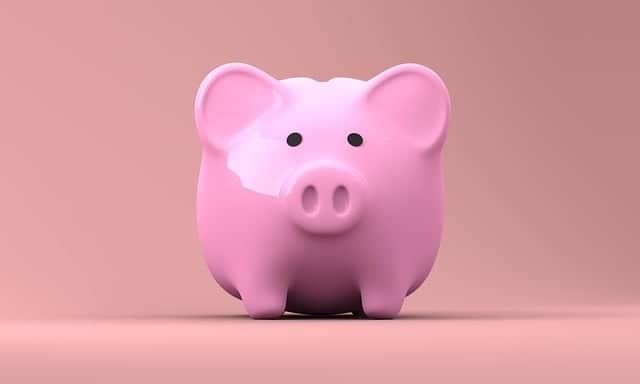What does Jack killing the pig symbolize? Jack killing the pig in William Golding’s “Lord of The Flies” holds significant symbolic meaning and can be interpreted in several ways. This act is not just a mere event but an indication of Jack’s state of mind and evolution throughout the story.
What does Jack killing the pig symbolize? (Answer)
When Jack successfully kills the pig, he feels triumphant over outwitting a living thing. This act symbolizes his transition into a savage and shows how he has become more violent over time. In the beginning, Jack was just one among many boys who landed on an uninhabited island after their plane crashed. However, as time passed, his inner evil surfaced and took control over him.
The killing of the pig represents Jack’s hunting instincts and desire for power. By killing the pig, he asserts his dominance over nature and other living beings on the island. This also shows that he has become more ruthless in his pursuit of survival.
Moreover, this event symbolizes how civilization is gradually eroding from their society as they spend more time on the island. Initially, they try to organize themselves with rules and leadership roles. However, as time progresses, they become increasingly primitive until they are no better than savages.
Why does Jack want to kill a pig so badly?
Jack wants to kill a pig so badly in Lord of the Flies because it represents power and dominance. Killing a pig would demonstrate his hunting skills, assert his authority over the others, and satisfy his primal instincts for violence and control. Additionally, the pig’s death would provide food for the boys, further solidifying Jack’s role as a provider within their makeshift society.
What is the symbolism of the pig in Lord of the Flies?
The pig in Lord of the Flies symbolizes the boys’ loss of civility and innocence. Initially, hunting and killing the pig represents their primal instincts and desire for power. However, as they become more savage, the act of hunting becomes a form of sadistic pleasure and a means to assert dominance over one another. The pig’s significance lies in its transformation from a mere source of food to a representation of their descent into savagery, reflecting how the boys’ innate human nature is corrupted by their isolation from society.
How does Jack feel about killing the pig in chapter 4?
In chapter 4 of Lord of the Flies, Jack is obsessed with the idea of killing a pig. He feels a strong desire to hunt and kill, fueled by his growing savagery and thirst for power. Killing the pig gives Jack a sense of exhilaration and dominance, further fueling his obsession and driving him deeper into darkness.
Why was Jack unable to kill the pig in chapter 1?
In Chapter 1 of Lord of the Flies, Jack’s inability to kill the pig stems from his moral conflict and internal struggle. Despite his initial enthusiasm and desire for power, Jack is unable to overcome his innate sense of compassion and empathy towards living creatures. The act of killing the pig represents a breaking point for him, as he cannot bring himself to take another life. This hesitation showcases a glimpse of Jack’s underlying humanity, which becomes increasingly obscured by darkness and savagery as the story progresses.
What does the pig head symbolize in Lord of the Flies?
The pig head, also known as the “Lord of the Flies,” symbolizes the beast and represents evil in Lord of the Flies. It serves as a physical manifestation of the boys’ inner darkness and their descent into savagery. The pig head’s presence on a stick is a constant reminder of their fear and loss of civilization, highlighting the destructive power that dwells within each individual.
Conclusion
In conclusion, when Jack kills the pig in “Lord of The Flies,” it symbolizes his transformation from an innocent boy to a savage killer who will do anything to survive on the island. It also represents how civilization is quickly fading away from their society as they embrace violence and chaos instead of rules and orderliness.
